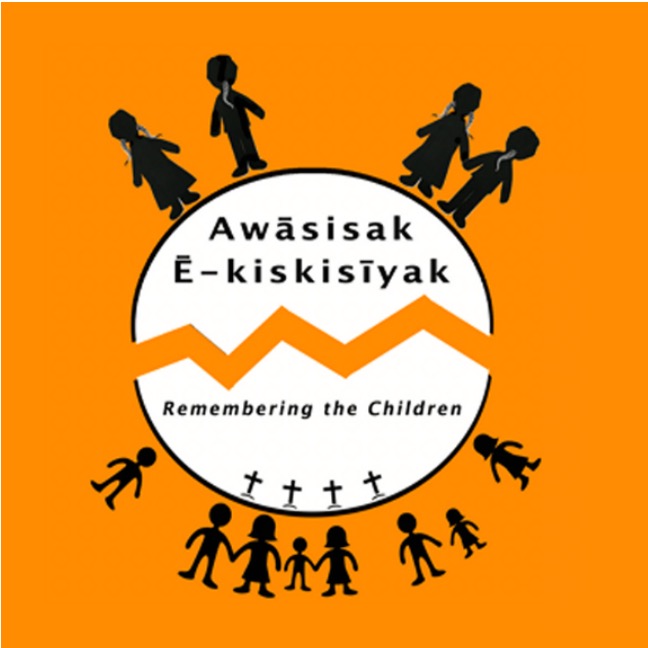Sing Me Your Song
I recently attended a KISS concert where the familiar tunes triggered a nostalgic trip to my teenage years. I realized that I had grown older with two of the performers, and that very moment of realization had impacted me more than I had bargained for. As the music played, I found myself captivated by the diverse crowd that had also aged alongside the band and many had brought younger versions of themselves to indulge in the shared nostalgia. My party, spanning three generations from my late grandmother’s brother to my eldest daughter, shared in this representation. The two hours of non-stop music reconnected me to stories of a younger me; a younger, naïve, unsuspecting me.
During the concert, the three generations sang along, swept away to different parts of our lives. Music stages had always been my fountain of youth, but this concert was different. It prompted reflection not just on my personal journey but also on the lingering impact of colonization. The realization struck that the three generations hadn’t experienced the music of our ancestors as young people due to historical indoctrination. Government policies were made to eliminate who we were, and, in fact, Deputy Superintendent General of Indian Affairs, Duncan Campbell Scott even wrote, “I want to get rid of the Indian problem… Our objective is to continue until there is not an Indian that has not been absorbed into the body politic, and there is no Indian question, and no Indian Department.”
Relating this to higher learning, colonization permeates everything, including education. Over time, certain practices become normalized, shaping what is accepted as the standard. Just as a dominant sound in music is perceived as right, a single type of knowledge becomes the only recognized way of knowing. I had been socially conditioned through a colonial lens and was taught to either ignore my own culture and during times in my life, was even ashamed of it. This realization brings a mix of anger and sadness for missing out on songs that should have resonated with my spirit.
The younger me embraced music without regrets, but now I feel the weight of policies that defined my existence and limited my understanding. My hope is for my mother or grandmother to visit me in dreams so I can ask “sing me YOUR song.”
Ekosi
Nancy Lafleur

